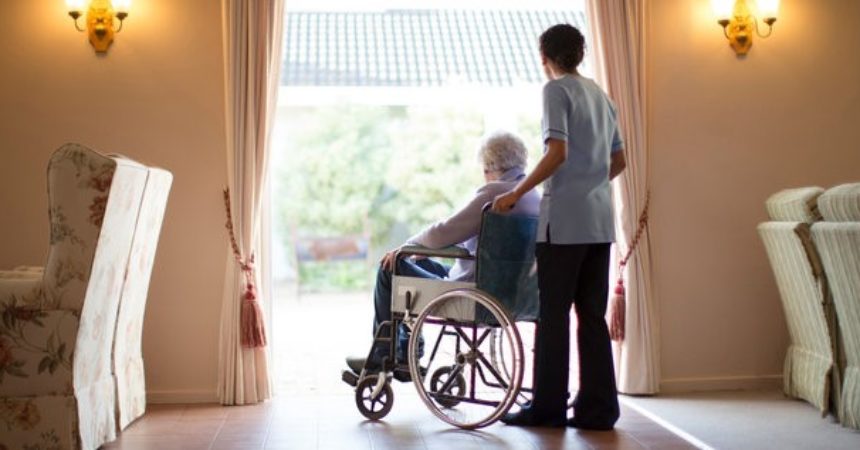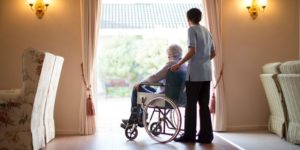
Nursing home legal battles loom
One of Florida’s best-known law firms said it is preparing to file lawsuits against two nursing homes related to the deaths of at least three residents from COVID-19.
The move last Thursday by the firm Morgan & Morgan comes amid an unsettled legal environment in which Congress and Gov. Ron DeSantis’ administration have been asked to shield nursing homes from litigation related to the pandemic.
Morgan & Morgan attorney Alexander Clem said the firm will represent at least three families of residents who died at the Opis Coquina Center in Ormond Beach from COVID-19 and that pre-suit notices will be filed in the next few days. Opis Coquina Center has had 16 residents die from COVID-19, according to state data.
Clem said the firm has also agreed to represent families of residents who died at Suwannee Health and Rehabilitation Center in Live Oak. According to state data, 18 residents at the North Florida nursing facility have died. It was not immediately clear how many families would be involved in lawsuits against the Suwannee facility.
Attempts to contact both nursing facilities were unsuccessful.

Pre-suit notices have been prepared by Morgan & Morgan against two nursing homes over COVID-19 deaths.
Photo special to the Outlook
Pre-suit notices are a prerequisite in nursing home litigation. After the notices are filed, the parties have 75 days to try to reach settlement agreements. Clem, however, said that rarely occurs.
As of last Thursday morning, 814 residents and staff members at long-term care facilities across the state had died of COVID-19. Long-term care facility deaths account for 43 percent of the overall COVID-19 deaths in Florida, with the respiratory disease particularly dangerous to seniors and people with underlying medical conditions.
The Florida Health Care Association, the state’s largest nursing-home association, sent a letter to DeSantis last month requesting that he use his executive authority to provide nursing homes with civil and criminal protections from litigation stemming from the COVID-19 pandemic.
The April 3 letter, signed by association President Emmett Reed, said the proposed blanket immunity should not apply to willful or intentional criminal misconduct or gross negligence. But Reed argued that problems that resulted from staffing or resource shortages should not be considered misconduct or negligence.
DeSantis has not directly answered whether he will grant such immunity. Agency for Health Care Administration Secretary Mary Mayhew refused to weigh in on the immunity issue last week, telling The News Service of Florida that it wasn’t her decision to make.
Florida Health Care Association spokeswoman Kristen Knapp said that “from day one” nursing homes have been working to keep their residents safe.
“It’s unfortunate that while our caregivers work tirelessly to protect residents and create supportive environments, trial lawyers are already positioning themselves to profit from this tragic situation by organizing individual tort actions,” Knapp said in a statement to the News Service.
“With Florida still in the midst of this crisis, today’s announcement of a lawsuit, before any actual facts have been established, is a perfect example of that,” Knapp said.
Morgan & Morgan attorney Matt Morgan said the firm will fight efforts in Florida and other states to shield nursing homes from liability.
“There’s no question that as a collective group, these facilities have not handled this outbreak well, and they have contributed significantly to the spread,” Morgan said. “As a firm, we feel that we have a duty to hold these nursing homes responsible for their gross negligence, otherwise they’ll continue to do it in the future.”
Attempts to shield nursing homes have touched off political battles in Tallahassee during the past two decades.
The Legislature in 2014 approved legislation that prevented “passive” investors from being named as defendants in lawsuits stemming from injuries to nursing-home residents. The bill also made it harder to sue nursing homes for punitive damages, requiring courts to hold evidentiary hearings before residents could pursue punitive-damage claims.







